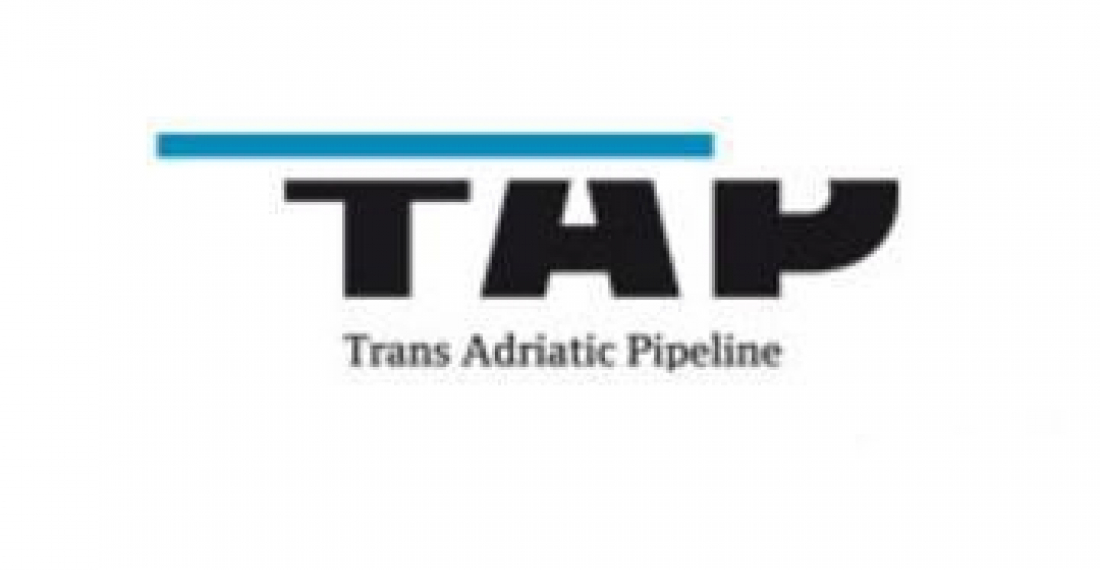The Shareholder Agreement, finalised and initialled by all parties, stipulates how the TAP Joint Venture will be governed by an enlarged shareholder group comprising of Statoil, E.ON, Axpo, SOCAR, BP and Total as shareholders.
The Shareholder Agreement will take effect once SOCAR, BP and Total decide to exercise their options to join the TAP Joint Venture, taking a combined stake of up to 50% in TAP AG, News.Az reports referring to the website of TAP.
The TAP project is one of the key elements of the broader Southern Gas Corridor value chain, which, along with the Trans Anatolian Pipeline (TANAP) and the South Caucasus Pipeline (SCP), will transport Shah Deniz Stage 2 gas from Baku to the European Union. The Shah Deniz Consortium expects to make a final decision on the preferred European gas transportation solution by mid-2013.
"I am pleased that members of the Shah Deniz Consortium, TAP and its shareholders were able to agree on the principles of a future Joint Venture. Having SOCAR, BP and Total entering the TAP Joint Venture would considerably strengthen the shareholder constellation of our pipeline project and I look forward to this becoming a reality in the future.
The Shareholder Agreement is yet another important milestone demonstrating TAP’s relative advanced position compared to alternative pipeline routes, following the signing of the Cooperation Agreement, Option and Funding Agreements, in June and August 2012 respectively. I look forward to continuing the same close cooperation with the Shah Deniz Consortium throughout the course of 201," Kjetil Tungland, Managing Director of TAP, said.
News.Az
Commentary
News.az: TAP concludes Shareholder Agreement with SOCAR, BP and Total

TAP and its shareholders – Axpo, Statoil and E.ON – have concluded a Shareholder Agreement with three members of the Shah Deniz Consortium: SOCAR, BP and Total.






